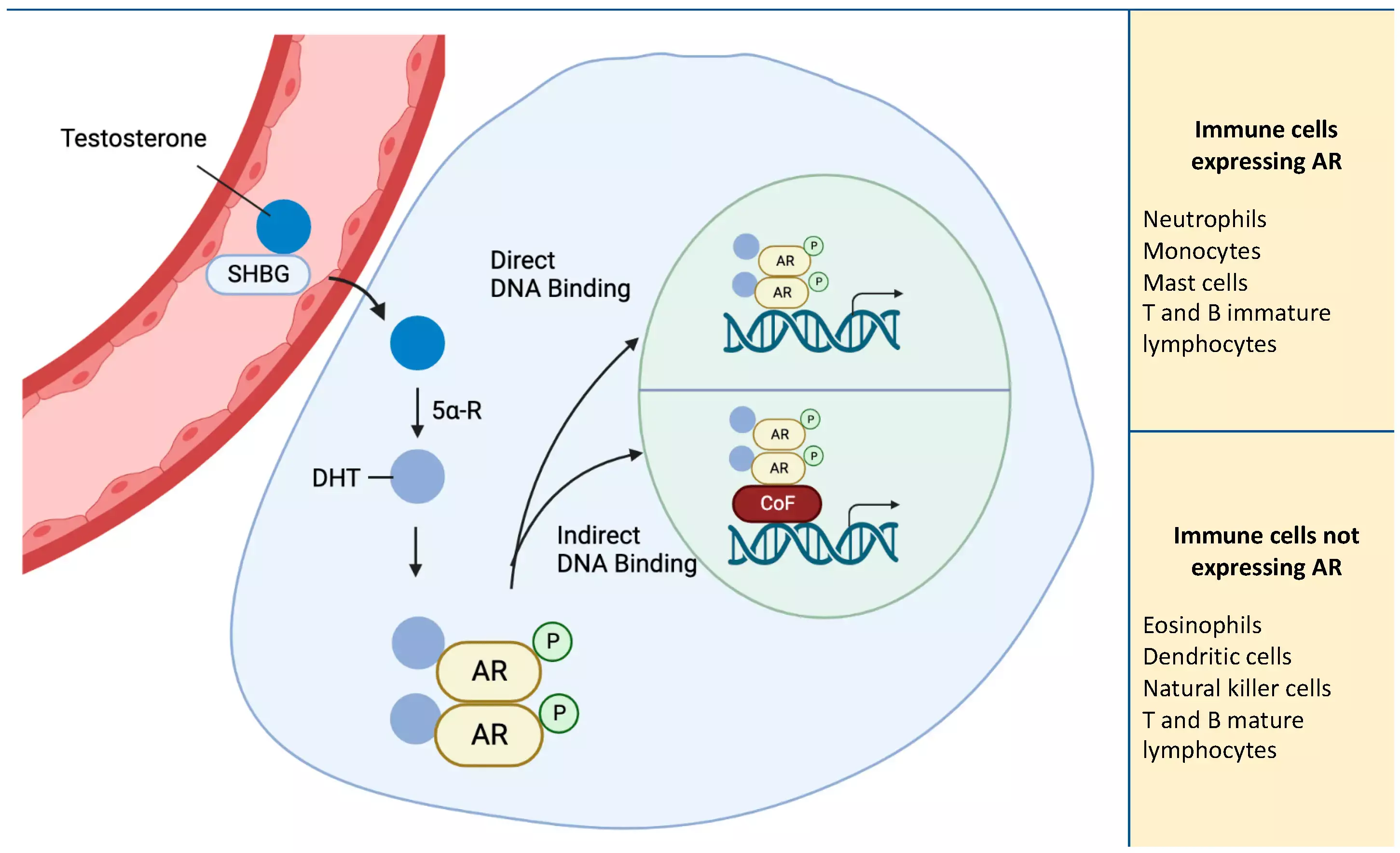- Home
- Medical news & Guidelines
- Anesthesiology
- Cardiology and CTVS
- Critical Care
- Dentistry
- Dermatology
- Diabetes and Endocrinology
- ENT
- Gastroenterology
- Medicine
- Nephrology
- Neurology
- Obstretics-Gynaecology
- Oncology
- Ophthalmology
- Orthopaedics
- Pediatrics-Neonatology
- Psychiatry
- Pulmonology
- Radiology
- Surgery
- Urology
- Laboratory Medicine
- Diet
- Nursing
- Paramedical
- Physiotherapy
- Health news
- Fact Check
- Bone Health Fact Check
- Brain Health Fact Check
- Cancer Related Fact Check
- Child Care Fact Check
- Dental and oral health fact check
- Diabetes and metabolic health fact check
- Diet and Nutrition Fact Check
- Eye and ENT Care Fact Check
- Fitness fact check
- Gut health fact check
- Heart health fact check
- Kidney health fact check
- Medical education fact check
- Men's health fact check
- Respiratory fact check
- Skin and hair care fact check
- Vaccine and Immunization fact check
- Women's health fact check
- AYUSH
- State News
- Andaman and Nicobar Islands
- Andhra Pradesh
- Arunachal Pradesh
- Assam
- Bihar
- Chandigarh
- Chattisgarh
- Dadra and Nagar Haveli
- Daman and Diu
- Delhi
- Goa
- Gujarat
- Haryana
- Himachal Pradesh
- Jammu & Kashmir
- Jharkhand
- Karnataka
- Kerala
- Ladakh
- Lakshadweep
- Madhya Pradesh
- Maharashtra
- Manipur
- Meghalaya
- Mizoram
- Nagaland
- Odisha
- Puducherry
- Punjab
- Rajasthan
- Sikkim
- Tamil Nadu
- Telangana
- Tripura
- Uttar Pradesh
- Uttrakhand
- West Bengal
- Medical Education
- Industry
Testosterone improves lung function in males and females whereas sex hormone-binding globulin has negative effect in males: Study

Testosterone improves lung function in males and females whereas sex hormone-binding globulin has a negative effect in males suggests a study published in the Thorax.
Observational studies suggest that total testosterone (TT) and sex hormone-binding globulin (SHBG) may benefit lung function. Still, these findings might be spurious due to confounding and reverse causation. We addressed these limitations by using multivariable Mendelian randomisation (MVMR) to investigate the independent causal effects of TT and SHBG on lung function. They first identified genetic instruments by performing genome-wide association analyses of TT and SHBG in the large UK Biobank, separately in males and females. We then assessed the independent effects of TT and SHBG on forced expiratory volume in 1 s (FEV1), forced vital capacity (FVC) and FEV1/FVC using one-sample MVMR.
We addressed pleiotropy, which could bias MVMR, using several methods that account for it. We performed subgroup MVMR analyses by obesity, physical activity and menopausal status, and assessed associations between TT and SHBG with lung function decline. Finally, we compared the MVMR results with those of observational analyses in the UK Biobank. Findings In the MVMR analyses, there was evidence of pleiotropy, but the results were consistent when accounting for it. We found a strong beneficial effect of TT on FVC and FEV1 in both males and females, but a moderate detrimental effect of SHBG on FEV1 and FEV1/FVC in males only. Subgroup analyses suggested stronger effects of TT among obese and older males. In line with previous studies, the observational analyses agreed with MRMV for TT, but not for SHBG. These findings suggest that testosterone improves lung function in males and females, while SHBG has an opposite independent effect in males.
Reference:
van der Plaat DA, Lenoir A, Dharmage S, et alEffects of testosterone and sex hormone binding globulin on lung function in males and females: a multivariable Mendelian Randomisation studyThorax 2024;79:564-572.
Dr. Shravani Dali has completed her BDS from Pravara institute of medical sciences, loni. Following which she extensively worked in the healthcare sector for 2+ years. She has been actively involved in writing blogs in field of health and wellness. Currently she is pursuing her Masters of public health-health administration from Tata institute of social sciences. She can be contacted at editorial@medicaldialogues.in.
Dr Kamal Kant Kohli-MBBS, DTCD- a chest specialist with more than 30 years of practice and a flair for writing clinical articles, Dr Kamal Kant Kohli joined Medical Dialogues as a Chief Editor of Medical News. Besides writing articles, as an editor, he proofreads and verifies all the medical content published on Medical Dialogues including those coming from journals, studies,medical conferences,guidelines etc. Email: drkohli@medicaldialogues.in. Contact no. 011-43720751


